Abstract 11/12/2021
Table of content
Marcin Chowaniec – Risks in the work environment of professional driver on the example of the Municipal Transport Company in Nowy Sącz
Krzysztof Jarosiński – History of the scooter movement development and characteristics of the electric scooter rental in Kraków
Krystian Banet – Modeling the impact of the path environment on urban bicycle user stops
Zofia Bryniarska, Krzysztof Jarosiński – Analysis of the satisfaction and preferences of people using electric scooter rentals in Krakow with a comparison to Wavelo city bike rental
Abstracts
Marcin Chowaniec
Risks in the work environment of professional driver on the example of the Municipal Transport Company in Nowy Sącz
Abstract: The article consists of two parts. In the first, theoretical part, issues concerning harmful and burdening elements related to the job of a bus driver are presented. The knowledge of work-related stress, the factors and effects resulting from it, as well as recommendations for combating it are presented. The occupation of a professional driver of urban public transport is presented as well as the influence of a systematic stay in the road traffic in a fixed working position on the course of the performed work. The second part presents the results of a survey on psychosocial work conditions in a group of professional drivers employed by the Municipal Transport Company in Nowy Sącz.
Key words: urban public transport, professional driver, working conditions for professional drivers
Krzysztof Jarosiński
History of the scooter movement development and characteristics of the electric scooter rental in Kraków
Abstract: The e-scooter rental systems for minutes popularized the new means of transport and at the same time contributed to visible changes in the city landscape, as well as introduced a new thinking about urban mobility. Electric scooters are a modern way to move around, they are an ideal solution for European cities with narrow streets. The popularization of these two-wheelers also gives the opportunity to develop the currently promoted business model, which is the “sharing economy”. The intention of this article is to present the development of the construction of scooters and the functioning of the e-scooter rental in the world and in Kraków. Next planned article will give a look at how e-scooter rentals have influenced the transport behavior of residents and the city space. The service of sharing e-scooters per minute is usually a profitable business of private investors, less often it is a service offered by the city as it is in the case of a city bike. Sharing makes it possible to optimize the resources used by sharing according to specific rules. Such a procedure in individual transport results in a reduction in the total number of vehicles and a reduction in costs. 2018 can be considered the beginning of the transport revolution, as a significant part of the society wanted to use these vehicles on a daily basis. It has happened thanks to the creation of an e-scooter rental. The service became so popular that a lot of competing companies appeared on the market, and city authorities began to create a special infrastructure, e.g. in the form of designated parking spaces (in Kraków, they are named mobility points). The electric scooter was so high much innovative that it was difficult to define in legal regulations what exactly such a vehicle is. Thus the national legislative bodies were forced to change the law, also in Poland, where the definition of this two-track vehicle was introduced and a special law has been developed. In Poland, the new regulations entered into force on May 20, 2021. In Kraków, e-scooters appeared in April 2019, creating strong competition for the Wavelo city bike.
Key words: scooters, e-scooter rentals, mobility, sharing economy
Krystian Banet
Modeling the impact of the path environment on urban bicycle user stops
Abstract: The concept of sustainable mobility is one of the more frequently discussed issues in transportation today. Among others, the development of pedestrian traffic and environmentally friendly means of transport, which include bicycles, including public bicycles, is associated with this idea. This article analyzes data from the Wavelo bike sharing system, which operated between 2017 and 2020 in Kraków. The data contained information on user-selected routes and travel times, so that it was possible to assess the spatial and temporal distribution of urban bicycle trips. Following a procedure for cleaning the Wavelo cycling trip data and filtering the stop data, a methodology was developed to assess the attractiveness of the path environment and logistic regression models of the impact of the path environment on urban bicycle user stops. This resulted in a tool for policy makers and urban planners to identify places attractive for cyclists, which will be helpful in shaping public space to meet the requirements of this user group.
Key words: sustainable mobility, bicycle traffic, modeling of transport systems, urban planning
Zofia Bryniarska, Krzysztof Jarosiński
Analysis of the satisfaction and preferences of people using electric scooter rentals in Krakow with a comparison to Wavelo city bike rental
Abstract: The aim of the article is to analyze the functioning of electric scooter rentals for minutes in Kraków, together with an assessment of the preferences and satisfaction of people using these rentals in this city, based on a marketing study. In addition, the article is enriched with the selection of the optimal electric scooter rental in Kraków using the AHP multi-criteria analysis method. The work also includes a reference and comparison of the e-scooter rental system per minute with the Wavelo city bike rental.
Key words: mobility, e-scooter, e-scooter rental, assessment of satisfaction and preferences, AHP analysis
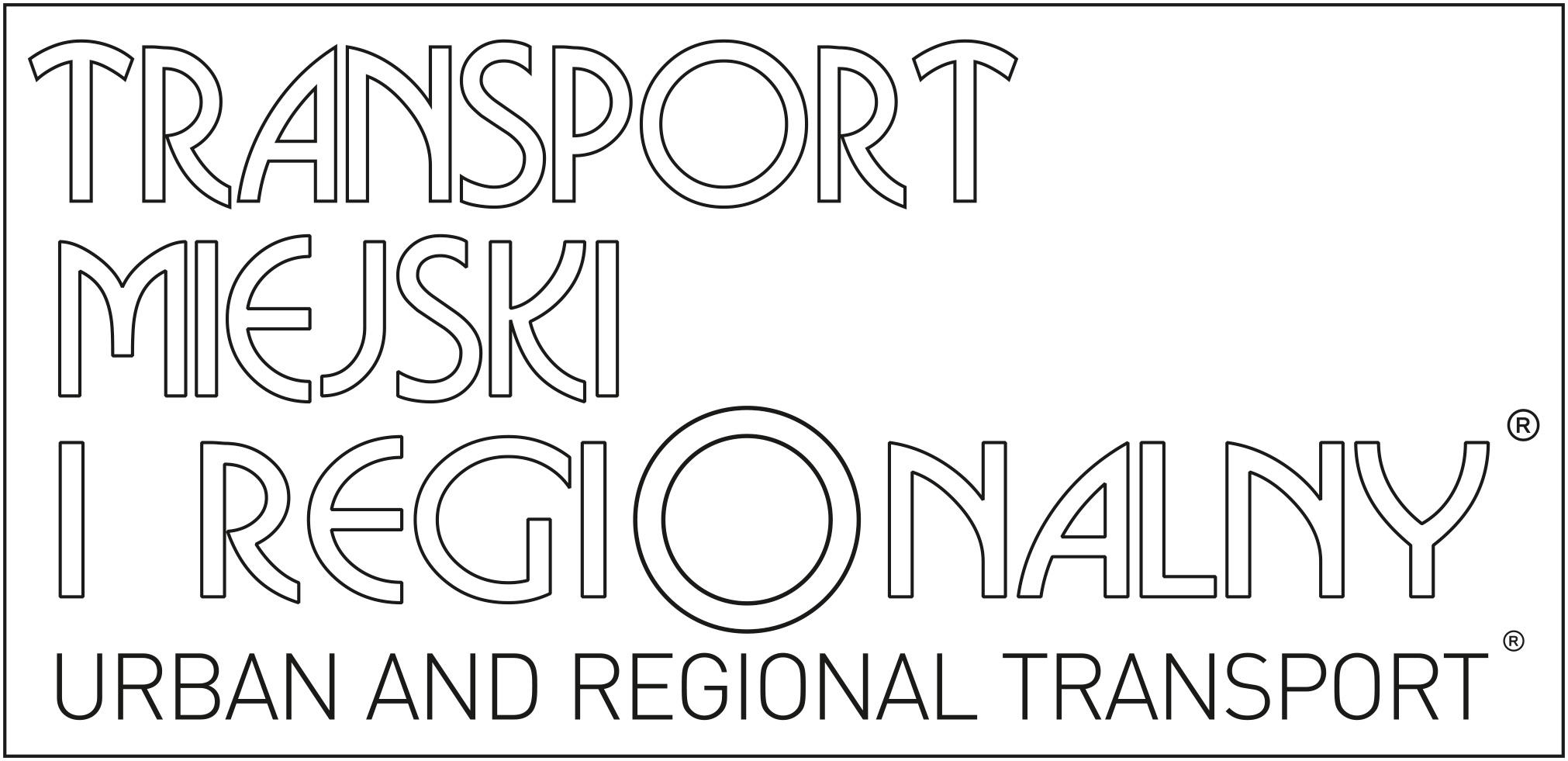
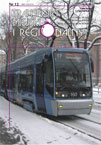 SITK RP
SITK RP 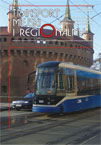 SITK RP
SITK RP 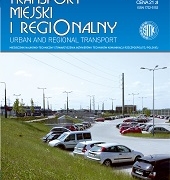 SITK RP
SITK RP 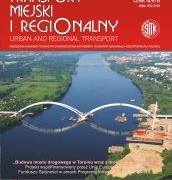 SITK RP
SITK RP 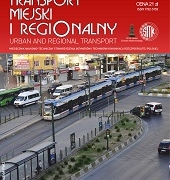
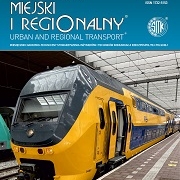 SITK RP
SITK RP 
 SITK RP
SITK RP Wydawnictwa SITK RP
Wydawnictwa SITK RP